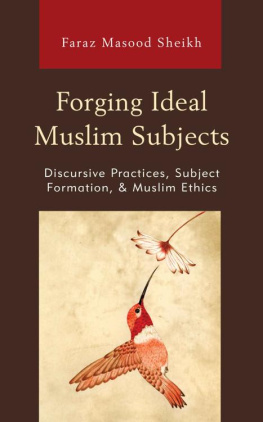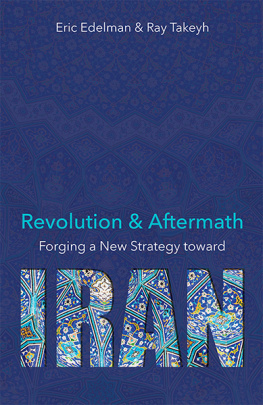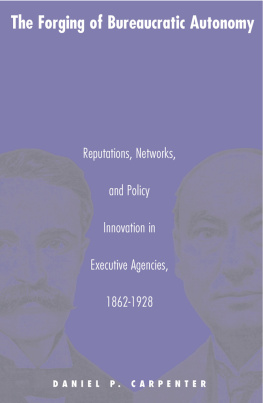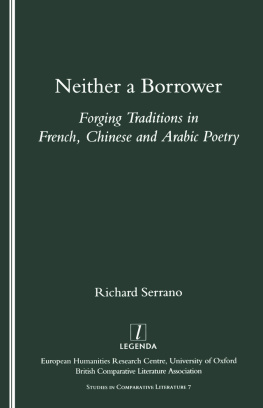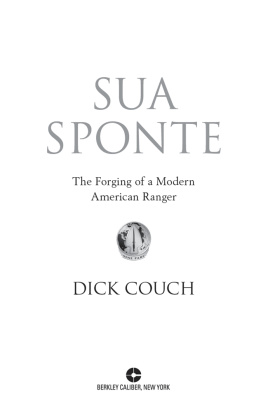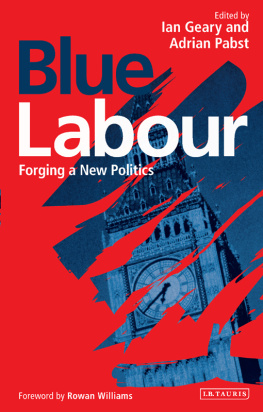Eley - Forging Democracy
Here you can read online Eley - Forging Democracy full text of the book (entire story) in english for free. Download pdf and epub, get meaning, cover and reviews about this ebook. year: 2002, publisher: Oxford University Press, genre: Politics. Description of the work, (preface) as well as reviews are available. Best literature library LitArk.com created for fans of good reading and offers a wide selection of genres:
Romance novel
Science fiction
Adventure
Detective
Science
History
Home and family
Prose
Art
Politics
Computer
Non-fiction
Religion
Business
Children
Humor
Choose a favorite category and find really read worthwhile books. Enjoy immersion in the world of imagination, feel the emotions of the characters or learn something new for yourself, make an fascinating discovery.

Forging Democracy: summary, description and annotation
We offer to read an annotation, description, summary or preface (depends on what the author of the book "Forging Democracy" wrote himself). If you haven't found the necessary information about the book — write in the comments, we will try to find it.
Forging Democracy — read online for free the complete book (whole text) full work
Below is the text of the book, divided by pages. System saving the place of the last page read, allows you to conveniently read the book "Forging Democracy" online for free, without having to search again every time where you left off. Put a bookmark, and you can go to the page where you finished reading at any time.
Font size:
Interval:
Bookmark:
FORGING DEMOCRACY
The History of the Left in Europe, 18502000
Geoff Eley


Oxford New York
Auckland Bangkok Buenos Aires Cape Town Chennai
Dar es Salaam Delhi Hong Kong Istanbul Karachi Kolkata
Kuala Lumpur Madrid Melbourne Mexico City Mumbai Nairobi
So Paulo Shanghai Singapore Taipei Tokyo Toronto
and an associated company in Berlin
Copyright 2002 by Oxford University Press, Inc.
Published by Oxford University Press, Inc.
198 Madison Avenue, New York, New York 10016
Oxford is a registered trademark of Oxford University Press
All rights reserved. No part of this publication may be reproduced,
stored in a retrieval system, or transmitted, in any form or by any means,
electronic, mechanical, photocopying, recording, or otherwise,
without the prior permission of Oxford University Press.
Library of Congress Cataloging-in-Publication Data
Eley, Geoff, 1949
Forging democracy : The history of the Left in Europe, 1850-2000 / Geoff Eley.
p. cm.
Includes bibliographical references and index.
ISBN 0-19-503784-7; 0-19-504479-7 (pbk.)
1. CommunismEuropeHistory. 2. SocialismEuropeHistory.
3. DemocracyEuropeHistory. 4. Sex roleEuropeHistory. I. Title.
HX239 .E44 2002
940.28dc21 2001052397
9 8 7 6 5 4 3 2 1
Printed in the United States of America
on acid-free paper
For Anna and Sarah,
who deserve a better world.
BETWEEN THE LATER 1970s and early 1990s Europes political landscape was radically rearranged. The 1989 revolutions removed the Eastern European socialist bloc, and the Soviet Union dissolved. Through an equally drastic capitalist restructuring, Western Europe was transformed. Whereas socialist parties recaptured government across Europe during the later 1990s, moreover, these were no longer the same socialist parties as before. Profoundly deradicalized, they were separating rapidly from the political cultures and social histories that had sustained them during a previous century of struggle. Communist parties, consistently the labor movements most militant wings, had almost entirely disappeared. No one talked any longer of abolishing capitalism, of regulating its dysfunctions and excesses, or even of modifying its most egregiously destructive social effects. For a decade after 1989, the space for imagining alternatives narrowed to virtually nothing.
But from another perspective new forces had been energizing the Left. If labor movements rested on the proud and lasting achievements built from the outcomes of the Second World War but now being dismantled, younger generations rode the excitements of 1968. The synergy of student radicalism, countercultural exuberance, and industrial militancy jolted Europes political cultures into quite new directions. Partly these new energies flowed through the existing parties, but partly they fashioned their own political space. Feminism was certainly the most important of these emergent movements, forcing wholesale reappraisal of everything politics contained. But radical ecology also arrived, linking grassroots activism, communitarian experiment, and extraparliamentary mobilization in unexpected ways. By 1980, a remarkable transnational peace movement was getting off the ground. A variety of alternative lifestyle movements captured many imaginations. The first signs of a new and lasting political presence bringing these developments together, Green parties, appeared on the scene.
In the writings of historians, sociologists and social theorists, cultural critics, and political commentators of all kinds, as well as in the Lefts own variegated discourse, an enormous challenge to accustomed assumptions was generated during the last quarter of the twentieth century. The crisis of socialism during the 1980s not only compelled the rethinking of the boundaries and meanings of the Left, the needs of democracy, and the very nature of politics itself but also forced historians into taking the same questions back to the past. Contemporary feminisms lasting if unfinished achievement, for example, has been to insist on the need to refashion our most basic understandings in the light of gender, the histories of sexuality, and all the specificities of womens societal place. More recently, inspired partly by the much longer salience of such questions in the United States and partly by practical explosions of racialized conflicts in the 1980s and 1990s, a similar examination of race and ethnicity has begun. Many other facets of identity joined a growing profusion of invigorating political debates. In the process, the earlier centrality of class, as both social history and political category, dissolved. While class remained an unavoidable reality of social and political action for the Left in the twenty-first century, the earlier centering of politics around the traditional imagery of the male worker in industry had to be systematically rethought.
Conceived in one era, therefore, this book was completed in another. I began writing in a Europe of labor movements and socialist parties, of strong public sectors and viable welfare states, and of class-centered politics and actually existing socialisms. Though their original inspiration was flawed and the Soviet example was by then damaged almost beyond recall, Communist parties in the West remained carriers of a distinctive militancy. In the public sphere, rhetorics of revolution, class consciousness, and socialist transformation still claimed a place. With Socialists riding the democratic transitions triumphantly to power in Spain, Portugal, and Greece, Polish Solidarnosc tearing open the cobwebbed political cultures of Eastern Europe, and French Socialists forming their first postwar government, things seemed on the move. The years 197981 were for socialists an encouraging and even an inspiring time.
This gap between optimism and its ending, between the organized strengths of an already formed tradition and the emergent potentials for its succession, is crucial to the purposes of my book. Ive written it to capture the drama of a still-continuing contemporary transition. To do so required both a detailed accounting of the past and a bold reconstruction of the present because both the achievements and the foreshortenings of the old remain vital to the shaping of the new. Although the century after the 1860s claims the larger share of the book, accordingly, the lines of the later twentieth-century argument are always inscribed earlier on. In that sense, I would argue, history can both impede the present and set it free. Moreover, beginning in the 1860s, my account moves forward through a series of pan-European revolutionary conjunctures, from the settlements accompanying the two world wars through the dramas of 1968 to the latest restructuring of 198992.
Ultimately, despite the endless complexities of detailed historiographical debate, the agonies of epistemology, and the excitements and frustrations of theory, historians can never escape the disciplines abiding conundrum of continuity and change. In some periods and circumstances, the given relationships, socially and politically, seem inert and fixed. Culture signifies the predictable and overpowering reproduction of what is. It claims the verities of tradition and authorizes familiar futures from the repetitions of a naturalized past (what has always been the case). Politics becomes the machinery of maintenance and routine. The image of a different future becomes displaced into fantasy and easily dismissed. The cracks and fissures are hard to find.
Next pageFont size:
Interval:
Bookmark:
Similar books «Forging Democracy»
Look at similar books to Forging Democracy. We have selected literature similar in name and meaning in the hope of providing readers with more options to find new, interesting, not yet read works.
Discussion, reviews of the book Forging Democracy and just readers' own opinions. Leave your comments, write what you think about the work, its meaning or the main characters. Specify what exactly you liked and what you didn't like, and why you think so.

